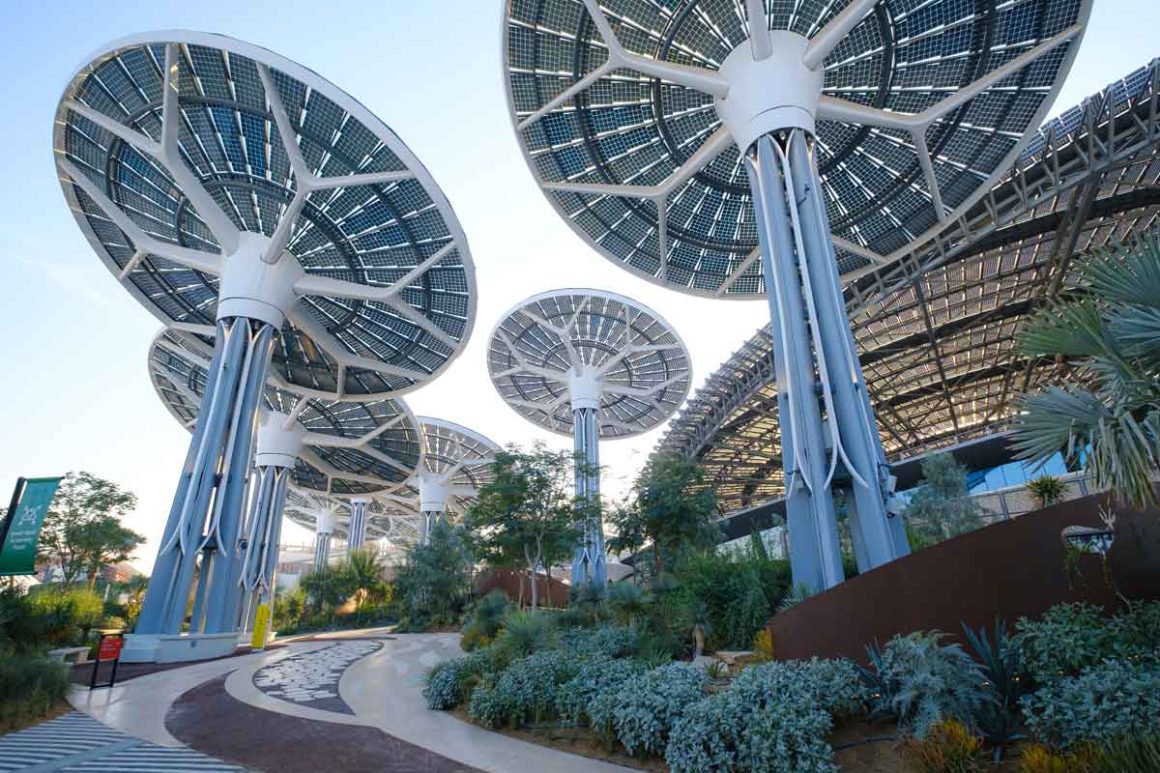The United Arab Emirates has approached European nations including Britain to gauge their interest in the Middle Eastern state investing in their nuclear power infrastructure, according to three sources familiar with the talks.
As part of its outreach, the UAE has discussed the idea of state-owned Emirates Nuclear Energy Company (ENEC) becoming a minority investor in European nuclear power assets, the sources said. They requested anonymity because the discussions are private.
ENEC has ambitions of becoming an international nuclear energy company holding minority stakes in nuclear power infrastructure of other nations, without managing or operating them, the sources told Reuters.
ENEC, owned by Abu Dhabi’s ADQ, has been holding talks to invest in the United Kingdom, the sources who have been briefed on the discussions added, without elaborating.
Cash-rich oil producers United Arab Emirates and Saudi Arabia are seeking to diversify their economies away from fossil fuels. Meanwhile, Britain is looking for additional private investment in the Sizewell C large-scale nuclear project being built by French energy giant EDF in southeast England after buying out a China backer.
The UAE and Britain in December signed a so-called memorandum of understanding on civil nuclear cooperation at the UN climate summit in Dubai, where more than 20 countries agreed a pledge to treble nuclear capacity by 2050.
“Sizewell C is a crucial part of the UK’s agenda for new nuclear power, which is central to our plans for achieving a low cost, clean and secure electricity system,” a spokesperson for Britain’s Department for Energy Security and Net Zero told Reuters.
“The commercial structure of the project is subject to ongoing development and commercially sensitive discussions,” the spokesperson said, adding they could not comment further.
As part of “international growth and investment plans, ENEC is working with a multitude of partners to explore collaboration opportunities in both new civil nuclear projects and civil nuclear technologies and related clean energy technologies such as clean hydrogen,” ENEC said in a statement to Reuters.
EDF declined to comment.
The UK and EDF are ‘on track’ to raise 20 billion pounds ($25.2 billion) for Sizewell C by end of year, a UK energy security minister told the Financial Times in January, without naming the investors. UK ministers have been lining up Abu Dhabi investors for Sizewell C, the Times of London reported last year.
The sources told Reuters that, among the proposals, ENEC could also be a partner in the development of new nuclear energy infrastructure in European countries given its relatively recent experience in building a facility.
ENEC oversaw the construction of the UAE’s sole nuclear power plant, which was constructed in Abu Dhabi by Korea Electric Power Corp (KEPCO), and started commercial operations in 2021.
Several European countries are pushing to expand nuclear – a low-carbon energy source – in an effort to meet ambitious climate goals and develop alternatives to Russian energy supplies.
But European Union states are divided over nuclear energy use, which fell out of favour over safety concerns following Japan’s Fukushima nuclear accident in 2011.
A lack of investment, cost overruns and delays have also plagued recent projects.
ENEC’s backing by a wealthy Gulf state could potentially help overcome investment challenges. However, it could also face political opposition to an investment in such a sensitive area.
Emirati state investments have recently raised concerns in Britain, which has blocked a state-linked acquisition of prominent conservative newspaper the Telegraph.
Britain’s government also determined that a recent investment by UAE state-linked telecommunications company E& posed national security concerns, although approved the deal.

